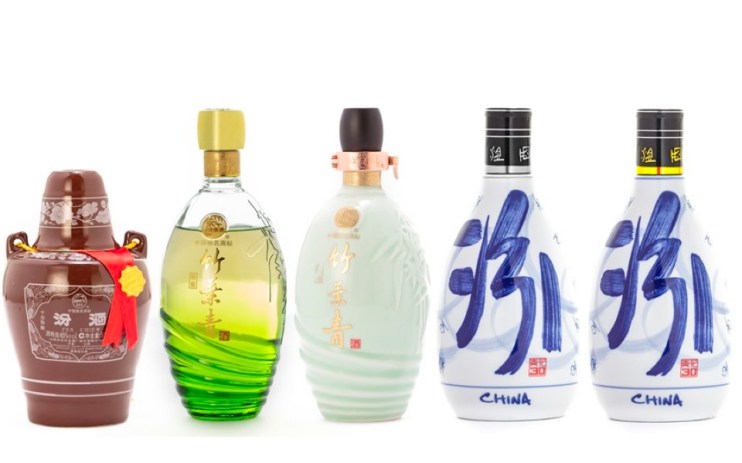Why baijiu is set to take the UK spirits business by storm

The famous Chinese poet Li Bai of the Tang Dynasty had some very precise ideas about drinking. He once wrote, “One’s drinking companions should be elegant, unrestrained, forthright, understanding, old friends or beautiful”.
He further counselled that “The best places for drinking should be in front of flowers, in the bamboo forest, in a high pavilion, in a boat, in a peaceful villa, along a zigzag stream or by a lotus pool”. The best time for drinking, meanwhile, should be “spring, a time when flowers are blooming, or in cool autumn, or after snow, or on rainy days or on nights with a crescent moon”.
There’s a good chance, then, that sitting beside a beautiful friend in a lotus pool on a spring night illuminated by a crescent moon, Li Bai got sozzled on baijiu. It is, after all, the world’s best-selling spirit, and one whose history is intertwined with that of China and East Asia.
Ten billion litres of Baijiu (pronounced “bye-joe”) or “shaojiu”, China’s national drink, are consumed every year by the Chinese. And now the colourless liquid is being promoted as a hip, funky cross-cultural, cocktail-friendly drink for those in the West.
“We are aiming to change perceptions of baijiu,” says Qiqi Chen, MD at Cheng International, the UK distributor of premium baijiu producer Fenjiu. “[We want to] emphasise quality, to appreciate its luxury status, niche aroma profiles and layers of flavour, complexity and flexibility, its food pairings and cooking uses as well as the dedication, pride and craftsmanship that goes into its making.”
Five expressions of double-fermented, double-distilled grain-based Fenjiu are now available from Harrods, Selfridges and Harvey Nichols, with more lines in the works.
There are four main types of baijiu: light aroma, rice, strong aroma and sauce aroma. The last two, says Chen, may be to blame for some unfounded trepidation felt towards the spirit. “Some categories of baijiu available in the west are very heavy, very soya. Maybe you’ll be ready for them in 20-30 years but they are not something you start with. That’s like starting a Scotch whisky journey with an Islay single malt!
“Trends are changing in China. My grandparents’ generation are still quite traditional because they like to shot baijiu, whereas the younger consumers are adopting the western style of sipping drinks. What we’re trying to do is make one of the oldest, most historical spirits in the world fashionable.”
Traditionally, baijiu should be drunk in one motion, and one must tap one’s finger to acknowledge the hospitality being shown. Tea cups are de rigueur in north China, while some traditional baijius involve the use of deer testicles or snake skin – thankfully are not exported.
Baijiu is made from sorghum, a grass species cultivated for its grain. Fermentation takes place over 28 days in pits, which are never cleaned. “Like the dunder pits used to make high ester Jamaican rum, you’re going to get lots of yeast and bacteria, and lots of wild flavours,” says Chen.
The spirit’s colour doesn’t change with age but it does mellow, becoming more acidic. It is diluted with spring water before sale and marketed under age statements. A rare 1930s vintage from the distiller Nai Mao, now Moutai, recently sold for 2.6 million yuan (£295,000). The most expensive bottle of baijiu ever sold is a 1935 Lay Mau that fetched £1.1m in 2011.
Chen hopes to market baijiu as a “foodies’ drink”. “Many think the 30 year old Qinghua is Grappa-like,” says Chen. “One restaurant used it over a lobster salad and a spaghetti dish. But the ten-year-olds are more favoured by chefs and bartenders. My Italian mother-in-law puts it in her clam soup. One day [chefs in] the UK may be brushing their barbecue chicken wings with Chuye Ching Chien.”
She also recommends mixing it with Fever Tree tonic, pouring a dash in Champagne or adding it to Tiramisu. The unaged bamboo variant, meanwhile, is great on the rocks with ginger beer or elderflower cordial.
“Our goal, in a few years’ time, is for restaurants and bars to have special baijiu menus, like they do whiskies and wines.”